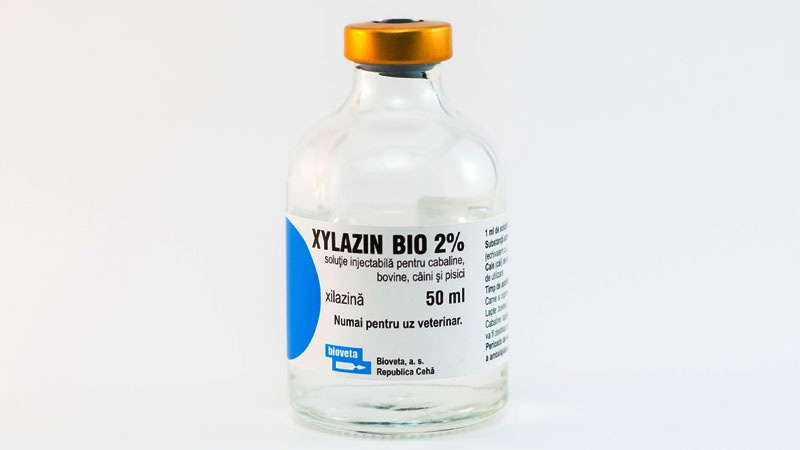Pediatricians should be on the lookout for toddlers and infants who have fallen seriously ill after exposure to opioids mixed with an animal tranquilizer, according to clinicians who have seen three recent cases.
Doctors from Nemours Children’s Hospital in Wilmington, Delaware reported the cases, involving children under age 19 months, who tested positive for fentanyl and xylazine. The children were believed to have been exposed to the substances by their parents. The case series appears today in the journal Pediatrics.
Xylazine, a drug typically used for sedation in veterinary medicine, is increasingly being mixed with opioids. In 2019, xylazine contributed to 64% of drug overdose deaths nationwide.
The two infants and one toddler received care in the emergency department after their mothers reported the children were unresponsive or turning blue. Each child exhibited various signs of exposure to xylazine, including bradycardia, respiratory depression, hypothermia, and abnormally low blood pressure.
Two of the children received continuous infusions of naloxone. The doctors noted that in two of three cases the standard urine drug screens came back negative, and only specialized toxicology testing revealed the drugs from the urine samples. All three of the children were eventually discharged after doctors initiated contact with child protective service agencies.
One mother was actively receiving treatment for substance use disorder and another had experienced a near-fatal synthetic opioid overdose 1 week prior, the doctors reported. The three children all had medical histories of prenatal exposure to illegal substances and two had histories of neonatal opioid withdrawal syndrome.
“Knowledge and awareness of emerging drug trends nationally, including synthetic formulations and adulterants popular among drug-using adults, is critically important even for pediatric healthcare professionals as infants and toddlers in their care may be inadvertently exposed,” said Stephanie Deutsch, MD, medical director of Nemours CARE Program at Nemours Children’s Health, and lead author of the patient series.
Exposure to xylazine can cause respiratory distress and is not typically detected in standard urine drug screenings, Deutsch said.
She recommended that pediatricians consult with medical toxicologists or local poison control centers for any patients they suspect could have opioid poisoning. Deutsch also said clinicians should talk with parents during routine office visits about opioid abuse, and advise them to store substances used recreationally high out of reach of children.
Pediatrics. Published online December 23, 2022. Abstract
Deutsch and co-authors report no relevant financial relationships.
For more news, follow Medscape on Facebook, Twitter, Instagram, YouTube, and LinkedIn
Source: Read Full Article
